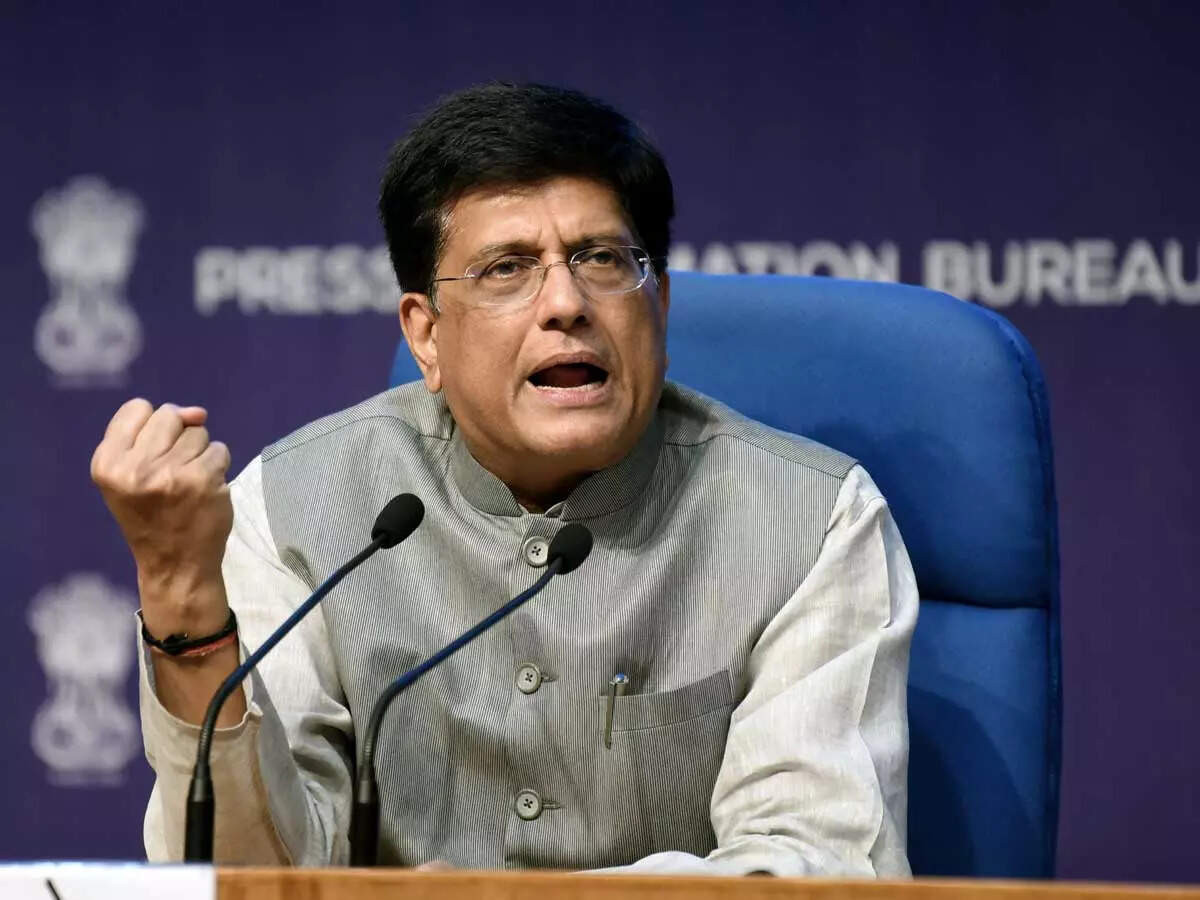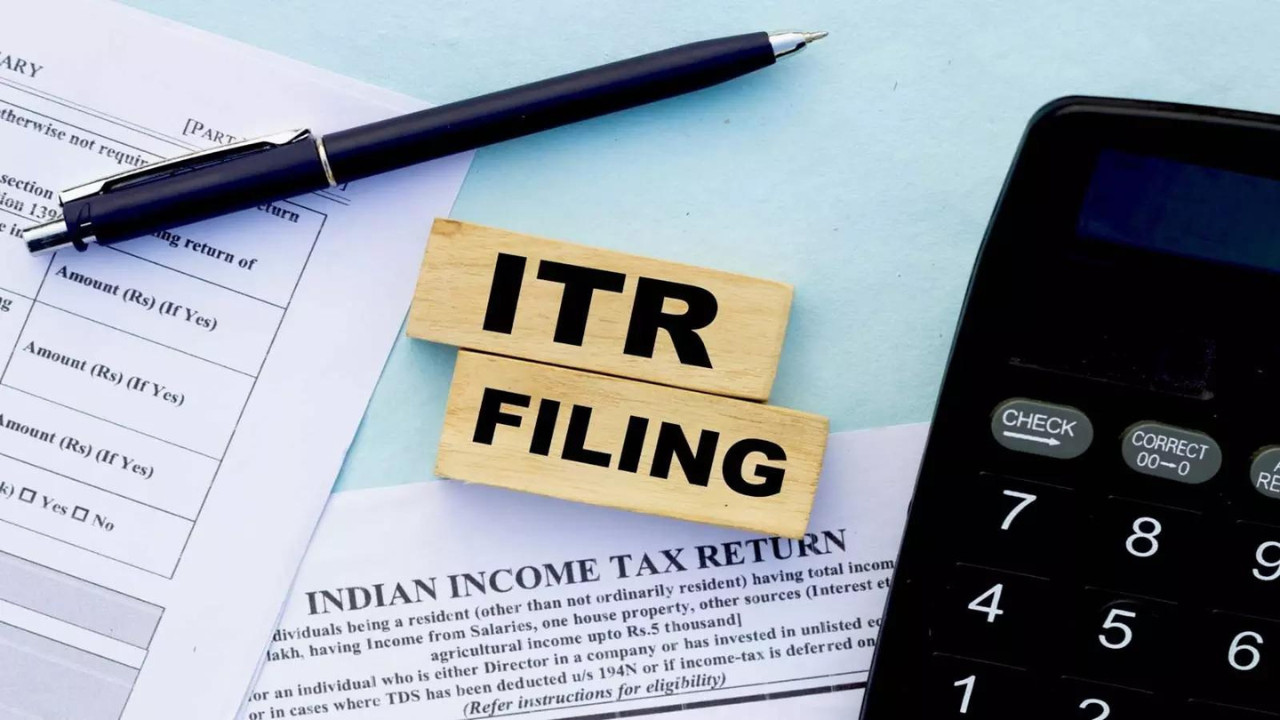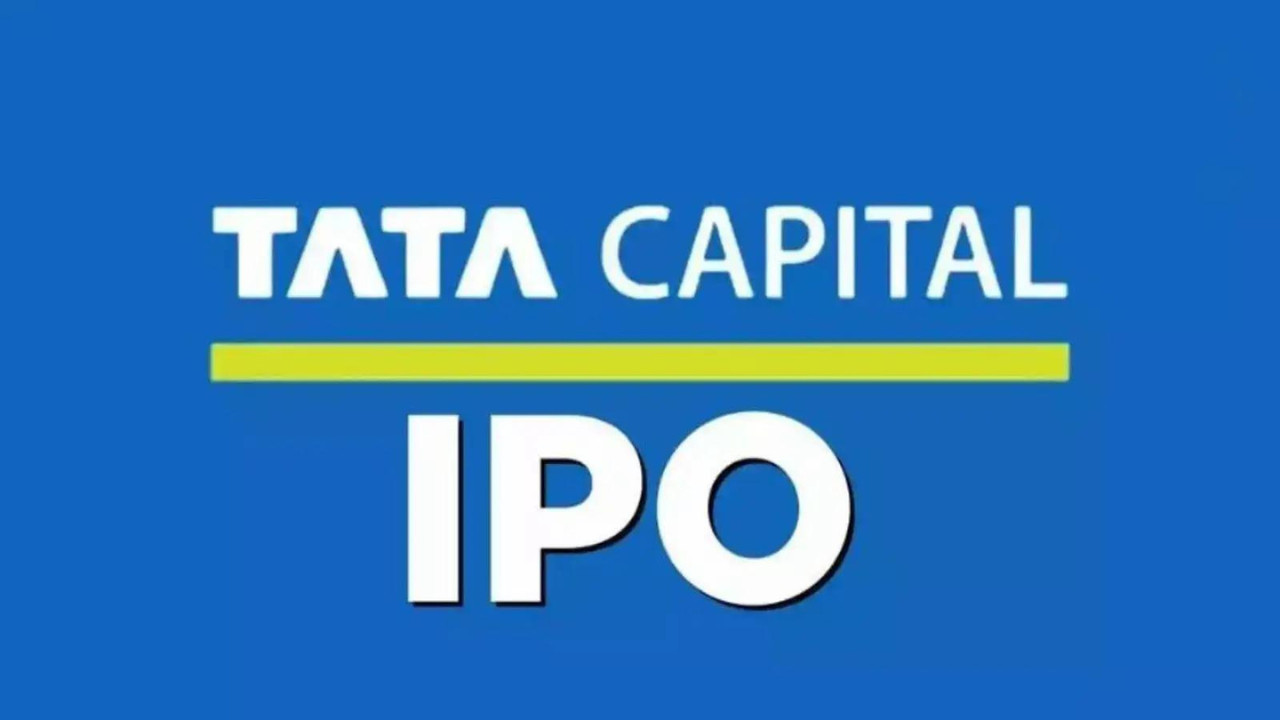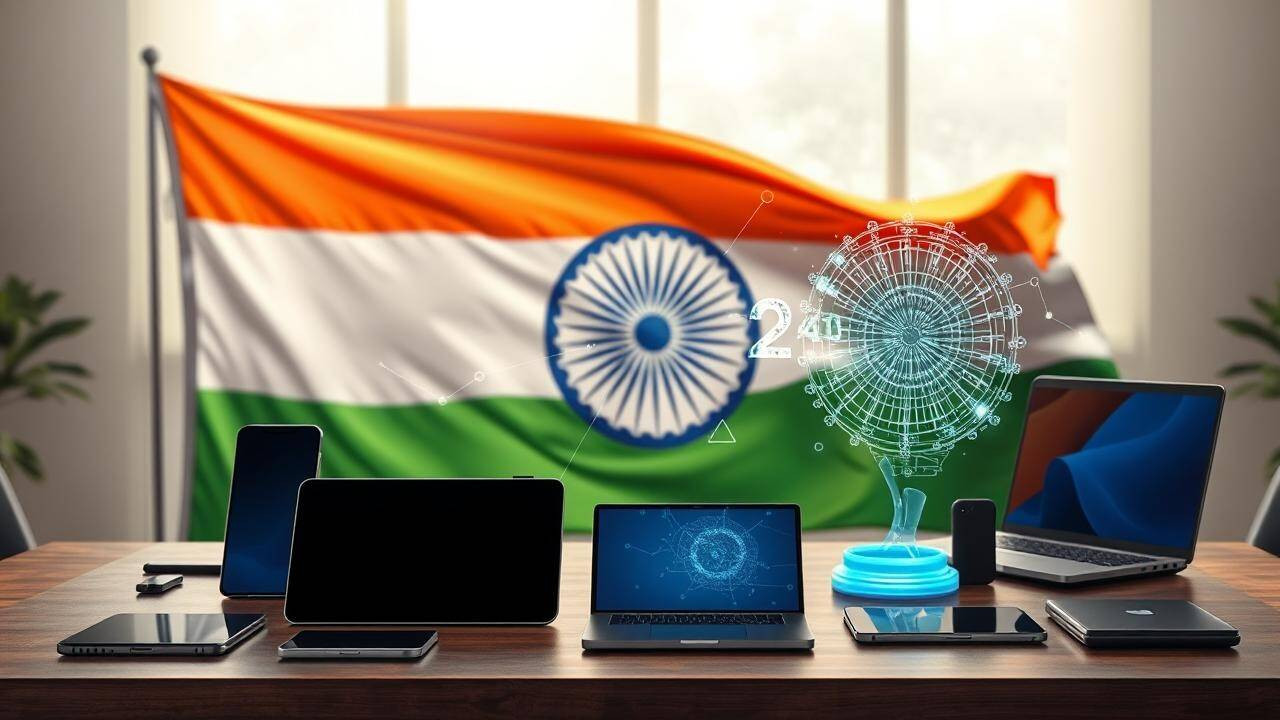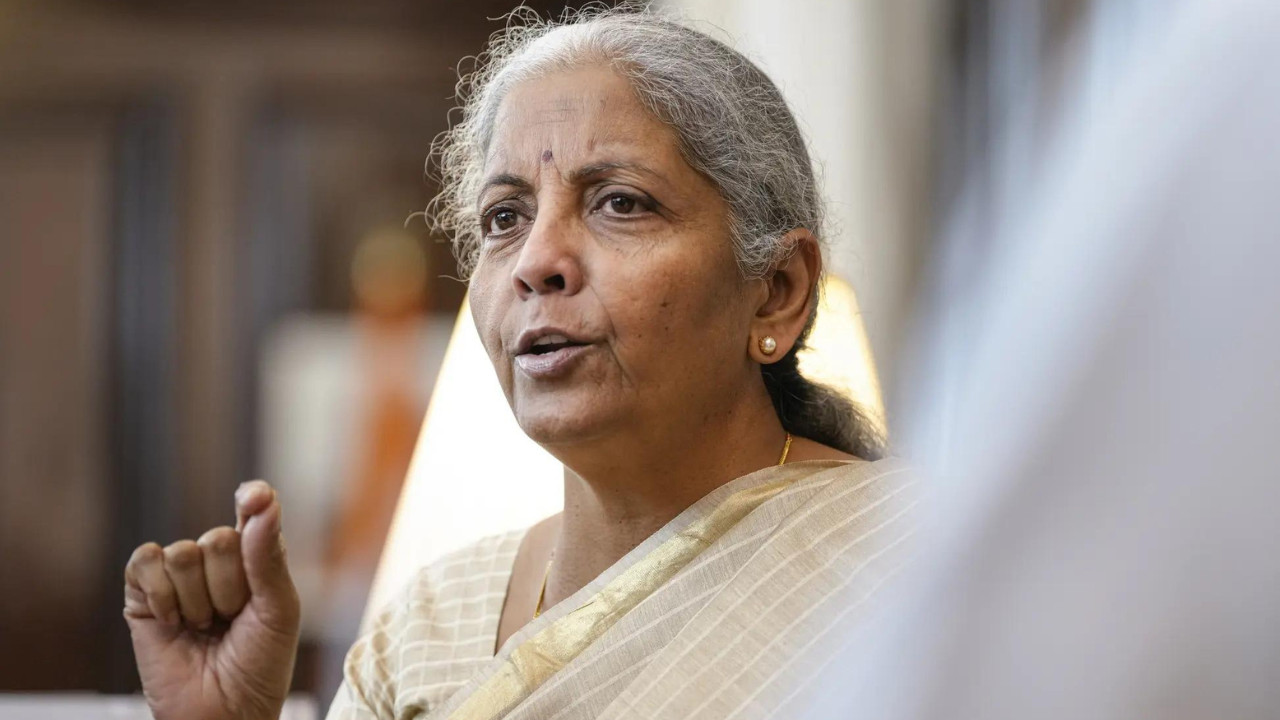India is actively engaged in free trade agreement (FTA) negotiations with key partners like the EU, US, Chile, and Peru, according to Commerce Minister Piyush Goyal. He emphasized the world’s interest in India as developed economies seek trade discussions.
India’s Ambitious Trade Agenda: Weaving a Global Web
India isn’t just open for business; it’s actively hustling to reshape its global trade relationships. Commerce Minister Piyush Goyal recently painted a vibrant picture of India’s current free trade agreement (FTA) negotiations, revealing an ambitious agenda packed with discussions that stretch from “morning till evening” with key partners across the globe. The overarching goal? To secure deals that boost Indian exports, attract investment, and ultimately propel economic growth.
Forget slow, drawn-out negotiations. Goyal’s comments suggest a proactive, hands-on approach, signaling a determination to navigate the complexities of international trade with speed and agility. This isn’t about passively waiting for opportunities; it’s about actively creating them. The discussions span a wide geographic area, including the United States, Chile, and the European Union, demonstrating a multi-pronged approach designed to diversify India’s trade portfolio.
Why the FTA Frenzy?
So, what’s driving this intense focus on FTAs? Simply put, these agreements are vital for unlocking new markets and leveling the playing field for Indian businesses. By reducing or eliminating tariffs and other trade barriers, FTAs make Indian goods more competitive in foreign markets. Consider the potential benefits of a comprehensive deal with the EU. The EU represents a massive consumer base with high purchasing power. An FTA could significantly increase Indian exports of textiles, pharmaceuticals, and engineering goods, among other sectors.
The negotiations with the United States, while potentially complex given the existing trade dynamics, could open doors to increased cooperation in sectors like technology, renewable energy, and defense. Think of the potential for joint ventures, technology transfers, and increased investment flows. And closer to home, a stronger trade relationship with Chile could bolster India’s access to key resources like copper and lithium, crucial for the country’s burgeoning green energy sector.

Navigating the Challenges: A Delicate Balancing Act
Of course, securing beneficial FTAs isn’t a walk in the park. These negotiations require careful consideration of various factors, including domestic sensitivities, geopolitical considerations, and the specific needs and priorities of each partner country. India must strike a delicate balance between protecting its domestic industries and opening up its markets to foreign competition. Sectors like agriculture and dairy often present particularly complex challenges, requiring nuanced approaches and safeguards.
Furthermore, each negotiation involves a unique set of priorities. The EU, for example, may prioritize issues like environmental standards and labor rights, while the US may focus on intellectual property protection and market access for its agricultural products. Successfully navigating these diverse demands requires skillful diplomacy, a clear understanding of India’s own strategic interests, and a willingness to compromise where necessary.
Looking Ahead: A Future Shaped by Trade
India’s proactive pursuit of FTAs is not just about short-term gains; it’s about positioning the country for long-term economic success in an increasingly interconnected world. By building strong trade relationships with key partners, India can enhance its global competitiveness, attract foreign investment, and create new opportunities for its businesses and citizens. As the global economic landscape continues to evolve, India’s free trade agreements will play a crucial role in shaping its future. This strategic approach to global engagement will undoubtedly support the country’s ambition to become a major economic power.
India’s commitment to engaging in intense trade negotiations demonstrates a forward-thinking vision, one where strategic partnerships and open markets are key to unlocking its full economic potential. As these negotiations progress, it will be crucial to monitor the specific details of each agreement and assess their potential impact on various sectors of the Indian economy. The future of India’s global trade strategy hinges on its ability to secure deals that are both ambitious and mutually beneficial.
